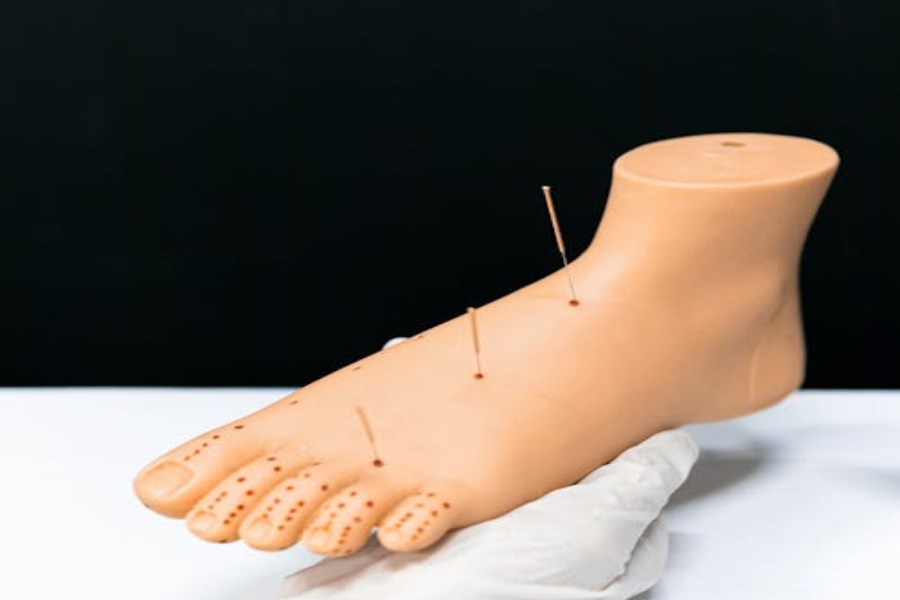Becoming an acupuncturist requires formal education, clinical training, and licensing. The first step is completing a program at an accredited acupuncture school, where students learn about Traditional Chinese Medicine (TCM), anatomy, physiology, and needling techniques. Programs typically include both classroom instruction and hands-on clinical practice to ensure competency in patient care.
At Pacific College of Health and Science, students receive in-depth training that prepares them for professional acupuncture practice. Most programs lead to a Master’s degree in acupuncture or Oriental medicine, which includes herbal medicine coursework. Some acupuncturists choose to pursue a Doctorate in Acupuncture and Chinese Medicine (DACM) for advanced knowledge and career opportunities.
After completing education, graduates must pass the National Certification Commission for Acupuncture and Oriental Medicine (NCCAOM) exam to obtain a license, though requirements vary by state. Many acupuncturists work in private practice, wellness centers, or integrative healthcare settings. Continuing education is also required to stay updated on research and techniques in the field.
Acupuncture career benefits
A career in acupuncture offers several benefits, both professionally and personally. One of the biggest advantages is job flexibility. Many acupuncturists work in private practice, wellness centers, or integrative healthcare settings, allowing them to set their own schedules and work independently.
Another benefit is the growing demand for acupuncture as more people seek non-invasive, drug-free treatments for pain, stress, and other health conditions. Acupuncturists often treat a variety of issues, including chronic pain, migraines, digestive disorders, and anxiety, making their work highly rewarding.
A career in acupuncture also provides long-term stability. With proper training from an accredited acupuncture school, such as Pacific College of Health and Science, practitioners gain the skills needed for a sustainable profession. Many acupuncturists develop strong relationships with their clients, helping them improve their well-being over time.
Additionally, ongoing learning opportunities allow professionals to expand their expertise in herbal medicine, cupping therapy, or other holistic treatments, making this field dynamic and fulfilling for those passionate about patient care.
Acupuncture career opportunities
A career in acupuncture offers a variety of opportunities in both private and clinical settings. Many acupuncturists open their own private practices, allowing them to set their schedules and build long-term relationships with clients. Others work in integrative healthcare clinics, alongside chiropractors, physical therapists, or medical doctors, providing complementary treatments for pain, stress, and chronic conditions.
Hospitals and rehabilitation centers are also incorporating acupuncture into pain management and recovery programs, creating job opportunities in more traditional medical environments. Some acupuncturists specialize in sports medicine, treating athletes for muscle recovery, injury prevention, and performance enhancement.
For those interested in education, becoming an instructor at an acupuncture school is another career path. Schools like Pacific College of Health and Science provide opportunities for experienced practitioners to teach and mentor future acupuncturists. Research roles and writing in the field of Traditional Chinese Medicine (TCM) are also available, allowing practitioners to contribute to the advancement of acupuncture in modern healthcare.










